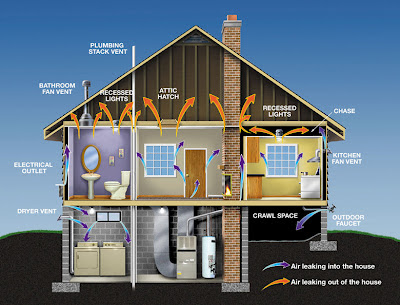Each day, you interact with chemicals and probably don’t even realize it. You use them at work, in the kitchen, bathroom, have them in your medicine cabinet and all around your home.
With the prevalence of chemicals, it’s important to know what to do if there is a chemical accident close to you. Here are a few tips:
How chemicals can harm
One of the best ways to be prepared is to know how chemicals could potentially harm you. You should be aware that you can be exposed to chemicals in three ways:
- Through breathing
- Consuming food, water or medication
- Touching a chemical or contaminated object
At the scene of the accident
If you are the area where the incident has occurred, follow these tips:
- Call 911 or your local fire department to report the incident.
- Move away from the accident location and help others to move
- Do not touch the substance
- Avoid inhaling gases, fumes or smoke. It would be helpful to have emergency respirator masks on hand if you deal with chemicals on a regular basis.
- Stay away from accident victims until the substance has been identified. This might be hard to do but it’s important not to spread the chemical. Once the chemical has been identified, help victims by removing contaminated clothing and placing it in a plastic bag. Pour cool water over the victim’s skin or eyes for at least 15 minutes, unless authorities instruct you not to use water on this particular chemical.
- Try to minimize your exposure to the chemical by staying upstream, uphill and upwind from the accident.
At your home
If there is a chemical incident near your home, you will be notified via your emergency notification service. They might appear on the television, on the radio or even through a siren or loud speaker.
They will instruct you on where the incident occurred, what areas might be affected and where you should go to avoid contamination.If you are told to shelter-in-place by the emergency notification services, here is what you should do:
 |
| Click on this photo to view the diagram. |
- Gather all members of your family into an above-ground room. This room should have few doors and windows.
- Seal off your house so no contaminants can enter. Close all windows and vents, turn off all fans, heating or cooling systems.
- Fill a bathtub with a large amount of water and turn off the intake valve to the house. Make sure this water is not contaminated.
- Listen to an emergency radio for updates.
Evacuations
Other times, emergency services will ask you to evacuate to avoid being contaminated by the chemical incident. If you are instructed to evacuate, move quickly to seal up your home before you leave. Seal off vents, windows and doors.
When leaving in a car, ensure that the windows are rolled up and that the car’s heating or cooling system is not on. Close all vents in the car.
Returning home
After an evacuation, be careful when returning home. Local authorities will provide instructions on what you should do when returning home. They will also provide you with information on what do if you come in contact with the chemical again. Be sure to follow these instructions, especially regarding food and water.
Article from TheReadyStore.com

No comments:
Post a Comment